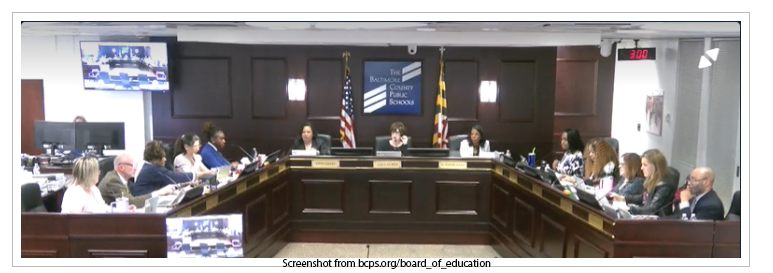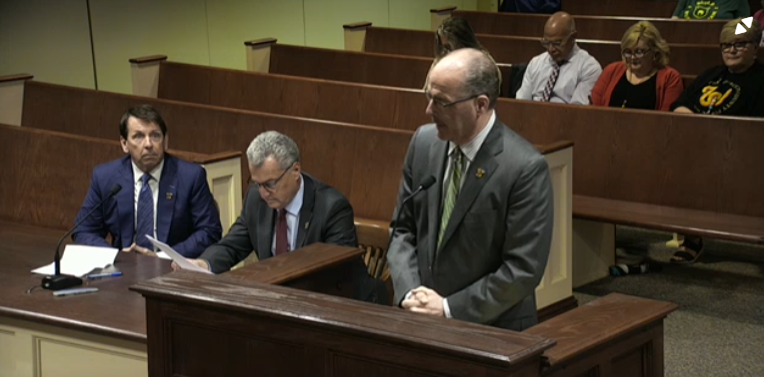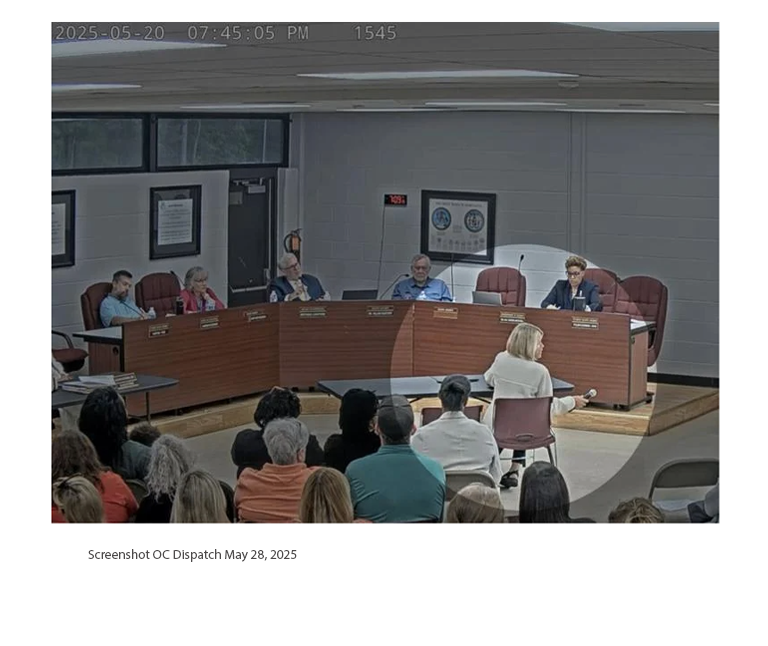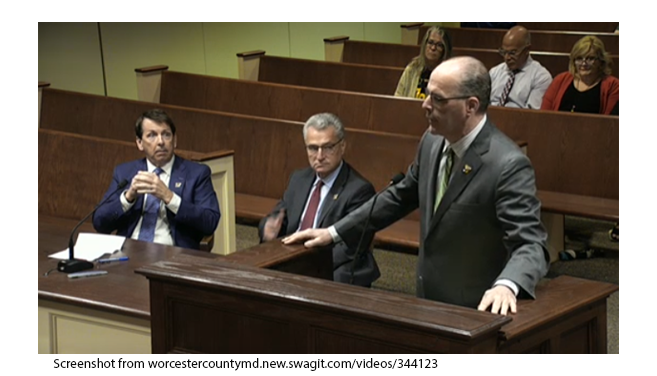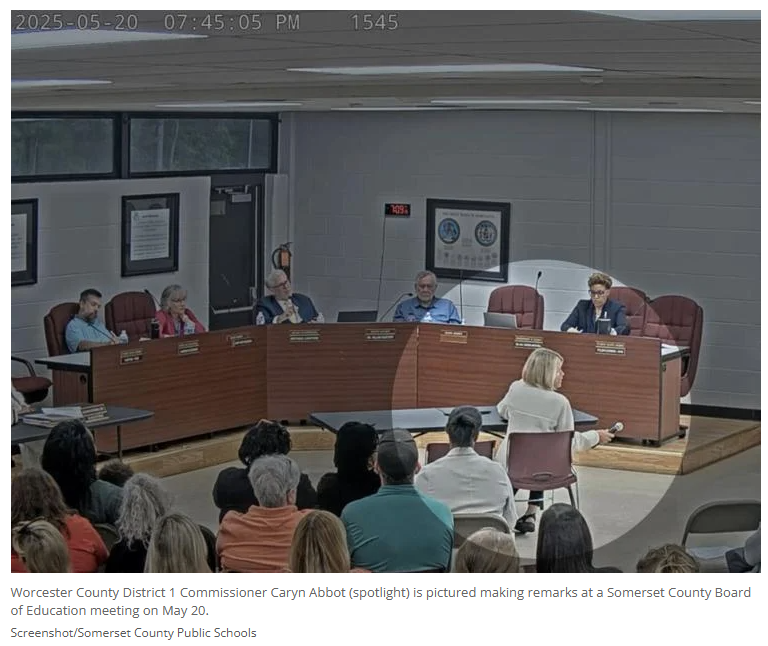
How to Support New Teachers So They Stay—and Thrive
Many teachers quit within their first few years on the job. But school and district leaders can play an important role in getting them to stay—and thrive.
Administrators should rethink the job interview process, provide new teachers with a mentor who’s a good fit, and view their rookies from a strength-based perspective, said Patrick Harris, a 6th grade English teacher and middle school dean of students at a private school near Detroit, and Susan Moore Johnson, a professor at the Harvard Graduate School of Education. They spoke at Education Week’s 2023 Leadership Symposium last month. (Watch the full video of the session here.)
These tips are rooted in experience: Harris, who recently released a book called The First Five: A Love Letter to Teachers, bounced from school to school in his early years of teaching until he finally found the right fit at school No. 7.
“I finally landed at a school that allowed me to show up as my authentic self and allowed me to be the creative magician” that he wanted to be, Harris said.
And Johnson has done extensive research into the school conditions that allow teachers to succeed. Teachers—including early-career ones—need to feel a sense of success, she said.
“If your school’s not organized to support new teachers from the beginning, then you’re going to have a really hard time keeping people,” Johnson said.
Here are three meaningful tips on how to create a school culture of support and empowerment for new teachers.
1. It starts with the job interview
The first step to building a foundation of success for new teachers comes before the offer letter is officially signed. A comprehensive interview process can yield great results, Harris and Johnson said.
“I appreciate a thorough process,” Harris said, adding that he wants to be able to talk to a diverse panel composed of both current teachers and students. “How a school shows up in the interview process to me is very indicative of how they’re going to show up for me if I am hired into that particular school.”
The interview process should be a two-way, information-rich exchange, Johnson said. Demo lessons—in which candidates demonstrate for administrators how they’d teach a class—are often underutilized in hiring processes, but they’re so important for both parties, she said.
“It’s amazing how many of you have hired a teacher not having watched that teacher teach,” Johnson told school and district leaders. “It happens all the time, and it happens especially in shortages, but if you take the time to have the demo lesson, and you give feedback, … it tells the applicant what the school is going to offer [them].”
2. Consider what new teachers bring to the table
Too often, Harris said, administrators focus on what new teachers are lacking—and not what strengths and assets they already have.
“What is it that you’re bringing to the table when we look at teachers as humans first?” Harris said. “I may not have all the teaching experience, but I edited videos in college, and that’s going to help me create this particular project. I am a gamer, and so I may want to create this club. I’m really big into horror movies, … so I may want to create something, like some sort of new innovative curriculum or a test or unit that connects my passion with the passion of students.
“But if I’m not really looked at as someone who can contribute, but someone who just needs to receive information, I think that makes it really hard for me to want to stay.”
Johnson said it’s also important for new teachers to see that teachers in the school have a seat at the decisionmaking table. School leaders don’t want to overwhelm new teachers by asking them to take on too much at once, she said, but in general, research shows that schools are more successful when teachers have a say.
3. Make sure new teachers have plenty of opportunities for mentorship
Teachers—especially new ones—often feel overwhelmed and pressured to be the best version of themselves at all times, Harris said. Mentors can help relieve some of that stress.
“The best mentors, to me, have been the ones who have allowed me to unravel, who have allowed me to cry in the middle of the school day, and who have given me some really thoughtful questions to think about so that I could continue to be the best human I could be for my students,” he said.
And those people aren’t always the mentors assigned by the school, he noted. In fact, Harris said he usually relies on the teacher closest to him in proximity for support and reassurance: “You just heard what happened through the wall, right?” he quipped. “Get me together!”
The challenge for school leaders is creating an environment so new teachers can find a mentor who they trust and click with, Johnson said. Even if a mentorship program looks good on paper, too often it can become superficial, she said. For instance, sometimes new teachers don’t see their mentors regularly, and sometimes it’s a bad match.
She recommends that school leaders find natural ways for new teachers to form strong professional connections with multiple colleagues, instead of just one person.
“If you have a grade-level team or department team, you’re talking about the same kids. … How’s the cohort doing, how’s our instruction doing?” Johnson said. “You learn how to look at data together. And that is a much quicker route into learning the school.”
More From Education Week’s Leadership Symposium
Dig Deeper With Our Longreads
Newsletter Sign up to get our best longform features, investigations, and thought-provoking essays, in your inbox every Sunday.
The MEN was founded by John Huber in the fall of 2020. It was founded to provide a platform for expert opinion and commentary on current issues that directly or indirectly affect education. All opinions are valued and accepted providing they are expressed in a professional manner. The Maryland Education Network consists of Blogs, Videos, and other interaction among the K-12 community.


